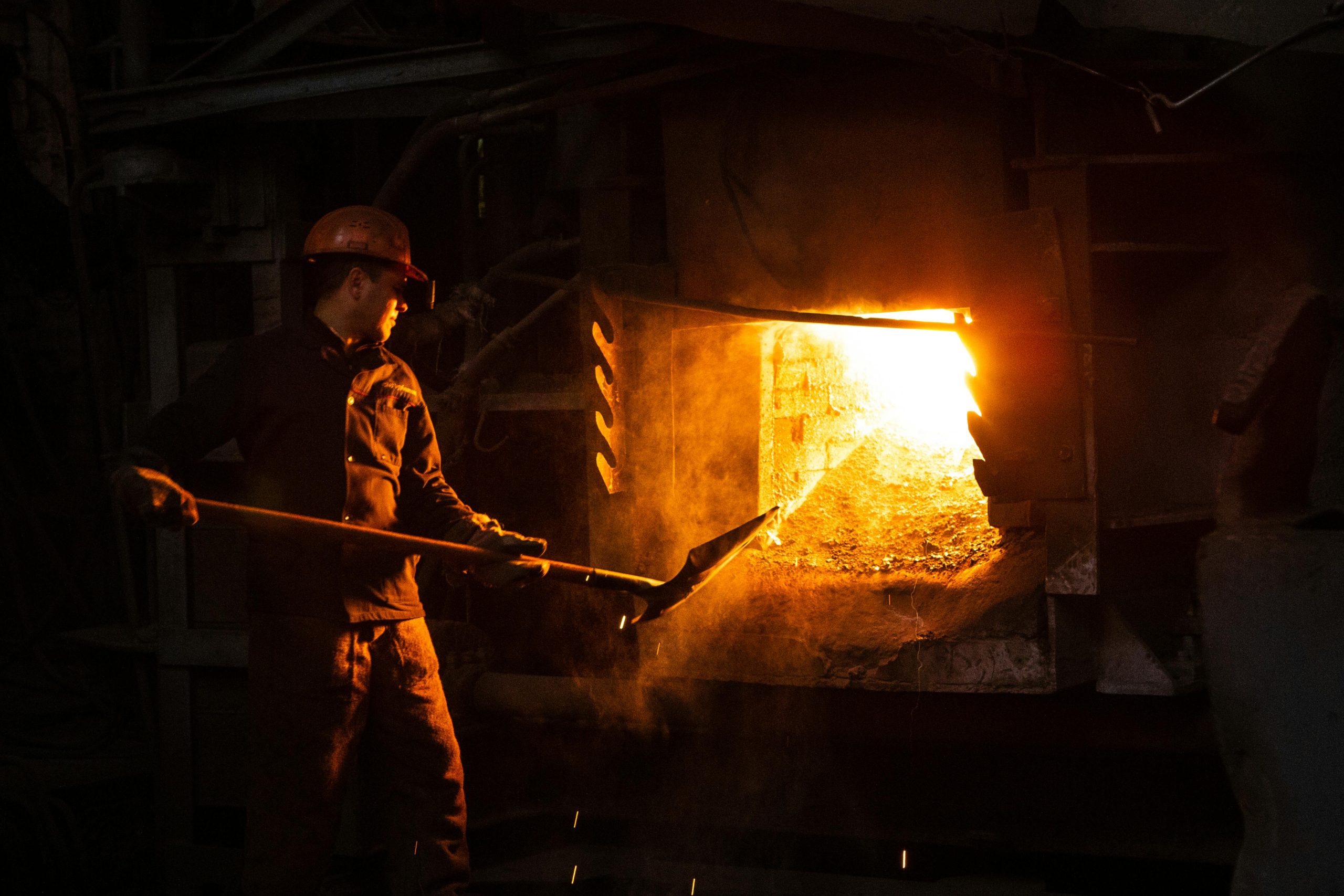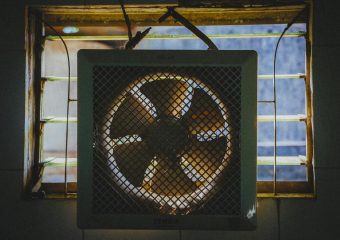The Pros and Cons of Heat Pumps and Gas Heat
Introduction to Heat Pumps and Gas Heat
When it comes to heating your home, there are several options to consider, with heat pumps and gas heat being two popular choices. Heat pumps work by transferring heat from one place to another, while gas heat relies on burning natural gas to produce heat. Both systems have their own set of advantages and disadvantages, which can make it difficult for homeowners to decide which one is best for their needs. In this article, we will explore the pros and cons of heat pumps and gas heat to help you make an informed decision.
Pros of Heat Pumps
One of the main advantages of heat pumps is their energy efficiency. According to the U.S. Department of Energy, heat pumps can be up to 50% more efficient than traditional heating systems, which can lead to significant cost savings on your energy bills. Heat pumps also have the ability to both heat and cool your home, making them a versatile option for year-round comfort.
Another benefit of heat pumps is their environmental friendliness. Heat pumps do not rely on burning fossil fuels to generate heat, which means they produce fewer greenhouse gas emissions compared to gas heat systems. This can help reduce your carbon footprint and contribute to a more sustainable future.
Heat pumps are also known for their longevity and durability. With proper maintenance, a heat pump can last up to 15 years or more, providing reliable heating and cooling for your home. Additionally, heat pumps are relatively quiet when in operation, making them a discreet option for heating and cooling your living space.
Cons of Heat Pumps
While heat pumps have many advantages, there are also some drawbacks to consider. One of the main disadvantages of heat pumps is their upfront cost. Heat pumps can be more expensive to install compared to gas heat systems, which can be a barrier for some homeowners. However, it’s important to consider the long-term savings on energy bills that a heat pump can provide.
Another potential downside of heat pumps is their performance in extreme cold temperatures. In regions with harsh winters, heat pumps may struggle to efficiently heat your home when temperatures drop below freezing. In these cases, homeowners may need to rely on a backup heating source to supplement their heat pump during cold weather.
Heat pumps also require regular maintenance to ensure optimal performance. Filters need to be cleaned or replaced, refrigerant levels need to be checked, and coils need to be inspected for dirt and debris. Failure to properly maintain your heat pump can lead to decreased efficiency and higher energy costs.
Pros and Cons of Gas Heat
Gas heat systems also have their own set of pros and cons to consider. One of the main advantages of gas heat is its affordability. Natural gas is often cheaper than electricity, which can result in lower heating costs for homeowners. Gas heat systems also tend to heat homes quickly and efficiently, making them a popular choice for colder climates.
Gas heat systems are also known for their reliability. Unlike heat pumps, which may struggle in extreme cold temperatures, gas heat systems can provide consistent warmth even in the coldest weather conditions. Gas heat systems also have a longer lifespan compared to heat pumps, with some models lasting up to 20 years or more with proper maintenance.
However, gas heat systems do have some drawbacks to consider. One of the main disadvantages of gas heat is its impact on the environment. Burning natural gas releases carbon dioxide and other pollutants into the atmosphere, contributing to air pollution and climate change. This can be a concern for environmentally conscious homeowners who are looking to reduce their carbon footprint.
Gas heat systems also require regular maintenance to ensure safe and efficient operation. Gas leaks can be a serious safety hazard, so it’s important to have your gas heat system inspected and serviced by a professional on a regular basis. Additionally, gas heat systems can be noisy when in operation, which may be a concern for homeowners looking for a quieter heating option.
In conclusion, both heat pumps and gas heat systems have their own set of advantages and disadvantages to consider. Heat pumps are energy efficient, environmentally friendly, and durable, but may struggle in extreme cold temperatures and require regular maintenance. Gas heat systems are affordable, reliable, and quick to heat your home, but can be harmful to the environment and require regular maintenance to ensure safety. Ultimately, the best heating option for your home will depend on your specific needs and priorities. It’s important to weigh the pros and cons of each system carefully before making a decision.













